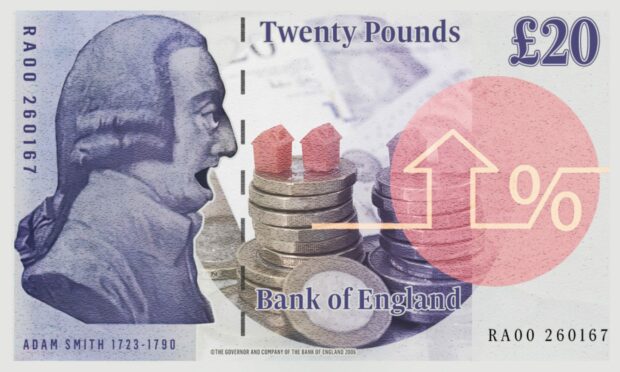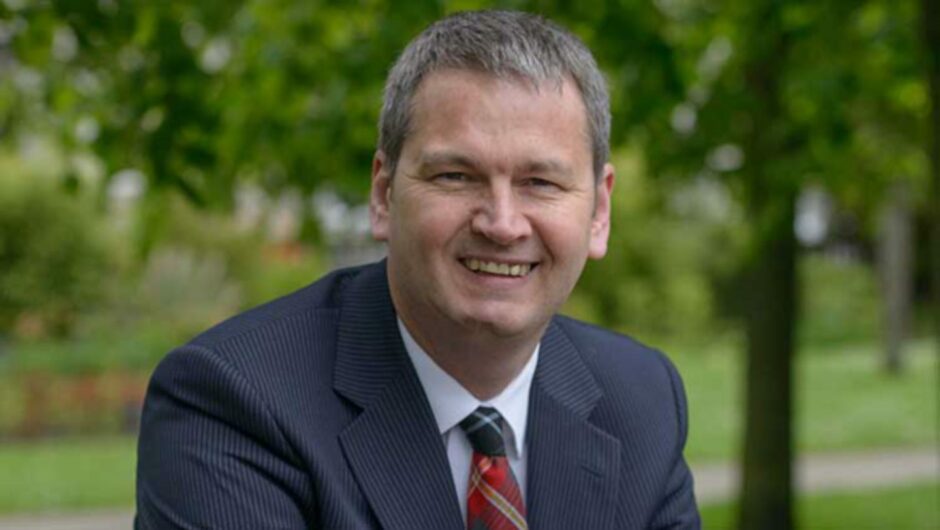North and north-east mortgage payers can expect bigger monthly bills after the Bank of England today raised interest rates by another 0.5 percentage points.
The Bank’s base rate is now at its highest level since 2008.
Its move to push the base rate up to 2.25% – the seventh monthly increase in a row – was widely predicted, although many experts expected a bigger increase.
Paul Gibson, managing director of Banchory-based Granite Financial Planning, said: “The increase by the Bank of England today was widely expected but a greater rise was anticipated by many.
“Whilst the increase is relatively modest, further increases are almost inevitable as inflation is still stubbornly high at 9.8%.”
Mr Gibson added: “The Bank has to balance achieving the target for CPI (Consumer Price Index inflation) of 2% with reducing inflationary pressures too quickly and helping to cause a recession.
“I suspect this modest rise will not be the last, with more to come in coming months.”
According to personal finance expert Martin Lewis, the change will mean a rise of £25 a month in repayments for each £100,000 of a variable mortgage.
ING economist James Smith had forecast the Bank of England would react to recent falls in the value of the pound.
Sterling hit a new 37-year low against the US dollar last Friday.
Good for savers, bad for homeowners
The Bank’s monetary policy committee (MPC) voted 5-4 in favour of the increase to 2.25%, with three members favouring an even bigger rise to 2.5%.
Though good for savers, who have earned scant reward for their bank balances and investments in recent years, it is bad news for homeowners already grappling with near-10% inflation and rocketing energy bills.
Mortgage lenders usually put up their own rates when the Bank’s base rate increases.
The decision to further interest rates following a string of monthly rises is an attempt to keep inflation under control.
It is the best tool the Bank has to steer inflation – currently at 9.9% – back to its 2% target.
But it also has major implications for people’s finances, not least those with mortgages who will need to start paying more for their home loans.
The Bank’s monetary policy committee (MPC) was originally meant to announce its decision on September 15.
But it was delayed for a week due to the Queen’s death.
How high will rates go?
Financial markets are wondering just how far the MPC is prepared to go.
Russ Mould, investment director at financial services firm AJ Bell, said: “(Bank) Governor Andrew Bailey and his colleagues made a total mess of it by arguing inflation would prove transitory and insisting policy was ‘data dependent’.
“That leaves them catching up. Investors in shares and bonds and traders in currencies could be forgiven for thinking the Old Lady of Threadneedle Street may now overcompensate and tighten policy too much at a time when the economic outlook is already fragile.”



Conversation